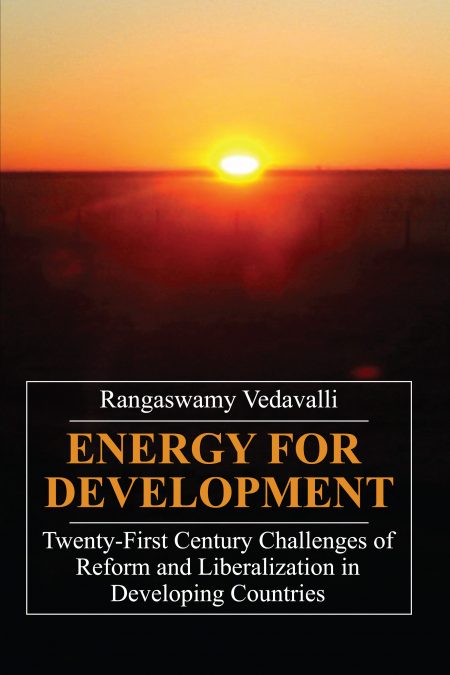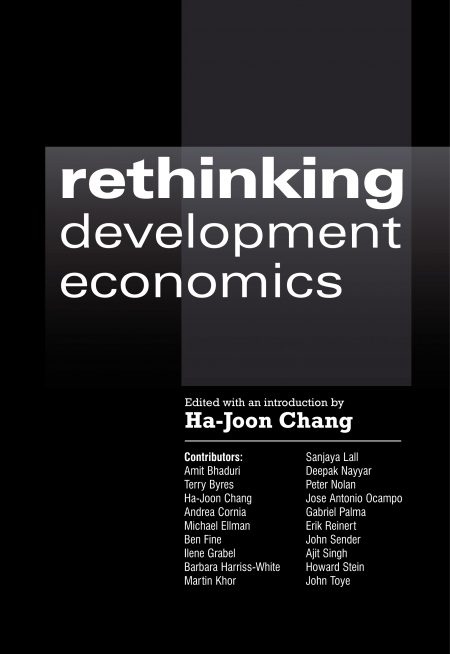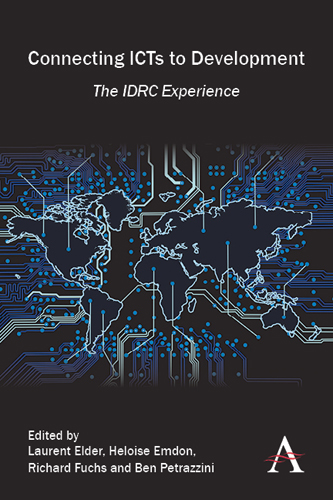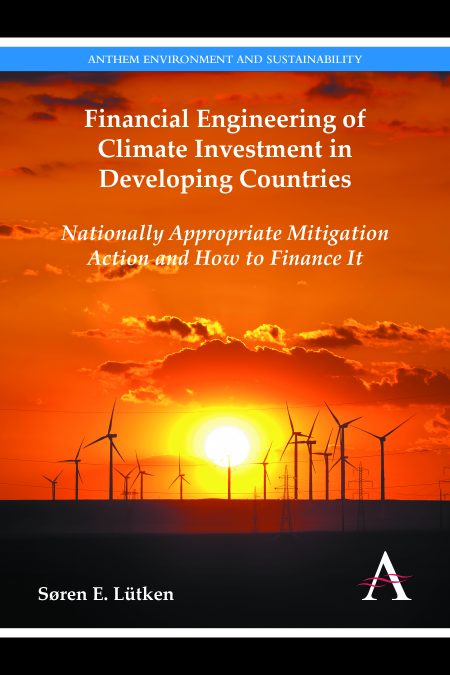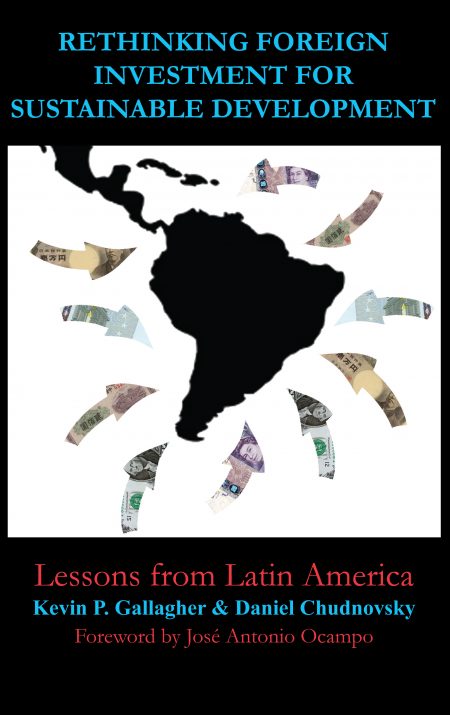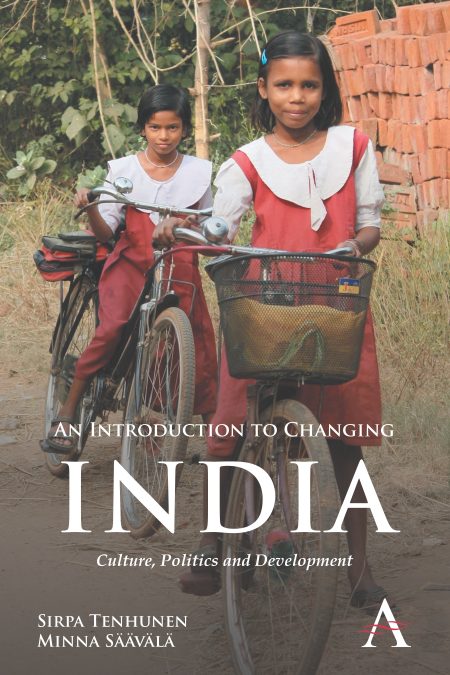An Introduction to Changing India
Culture, Politics and Development
Sirpa Tenhunen, Minna Säävälä
Select Format
Title Details
- ISBN: 9780857288059
- December 2012
- Pages: 216
- Imprint: Anthem Press
“An Introduction to Changing India: Culture, Politics and Development” provides a comprehensive view of today’s rapidly changing India in a way that is both reader-friendly and scholarly, without requiring prior knowledge on the subject from its readers. It investigates Indian culture, politics, economics and technology, as well as population and environmental issues. Gender issues are also discussed throughout the book. The authors provide a balanced picture of the emerging India’s many triumphs, as well as its lingering problems and the ongoing battle for more inclusive growth. By drawing on anthropological fieldwork in rural and urban India, the authors give ordinary Indians a voice by exploring their aspirations for change, while also describing macro-level changes.
The study draws from extensive reading of research reports and fieldwork by the authors, who have carried out anthropological research on kinship, gender issues, politics, class and caste, population issues and the appropriation of information technology in India since the 1990s.
Sirpa Tenhunen is a social anthropologist at the University of Helsinki, where her current research examines the appropriation of mobile technology in West Bengal, India. Her past research projects have dealt with gender, kinship, politics and ritual both in rural and urban India.
Minna Säävälä is a social anthropologist at the Population Research Institute in Helsinki, where she specializes in demographic anthropology and reproductive health issues. She has carried out fieldwork in Andhra Pradesh in southern India in both rural and urban settings. She is currently engaged in studying migration and intercultural interaction in the European context.
Acknowledgments; Chapter 1: Introduction; Chapter 2: Young Nation, Old Civilization; Chapter 3: Unity in Diversity; Chapter 4: Caste and Kinship: The Keys of Interaction; Chapter 5: Political Transitions; Chapter 6: Political Alternatives; Chapter 7: Population Giant; Chapter 8: Between Poverty and Affluence; Chapter 9: Economy, Labor and Production; Chapter 10: New Technology: A Shortcut to Development?; Chapter 11: Growth Burdens the Environment; Chapter 12: Conclusion; References; Index
“This is a comprehensive, highly readable overview of contemporary India. The non-ethnocentric, postcolonial and feminist perspectives on caste, gender and population are refreshing, relevant and timely. The authors are obviously deeply familiar with the lives and lived realities of Indians across regions and cultures.” —Dr Bipasha Baruah, Associate Professor and Canada Research Chair of Global Women’s Issues, Western University, Canada
Related products
-
Energy for Development
Twenty-first Century Challenges of Reform and Liberalization in Developing Countries
Rangaswamy Vedavalli
March, 2007
£120.00 / $120.00 -
-
Connecting ICTs to Development
The IDRC Experience
Edited by Heloise Emdon, Laurent Elder, Ben Petrazzini, Richard Fuchs
December, 2013
£115.00 / $115.00 -
Financial Engineering of Climate Investment in Developing Countries
Nationally Appropriate Mitigation Action and How to Finance It
Søren E. Lütken
June, 2014
£115.00 / $115.00 -
Rethinking Foreign Investment for Sustainable Development
Lessons from Latin America
Edited by Kevin P. Gallagher, Daniel Chudnovsky
foreword by José Antonio OcampoFebruary, 2009
£115.00 / $115.00 -
Arab Development Denied
Dynamics of Accumulation by Wars of Encroachment
Ali Kadri
July, 2014
£115.00 / $115.00


